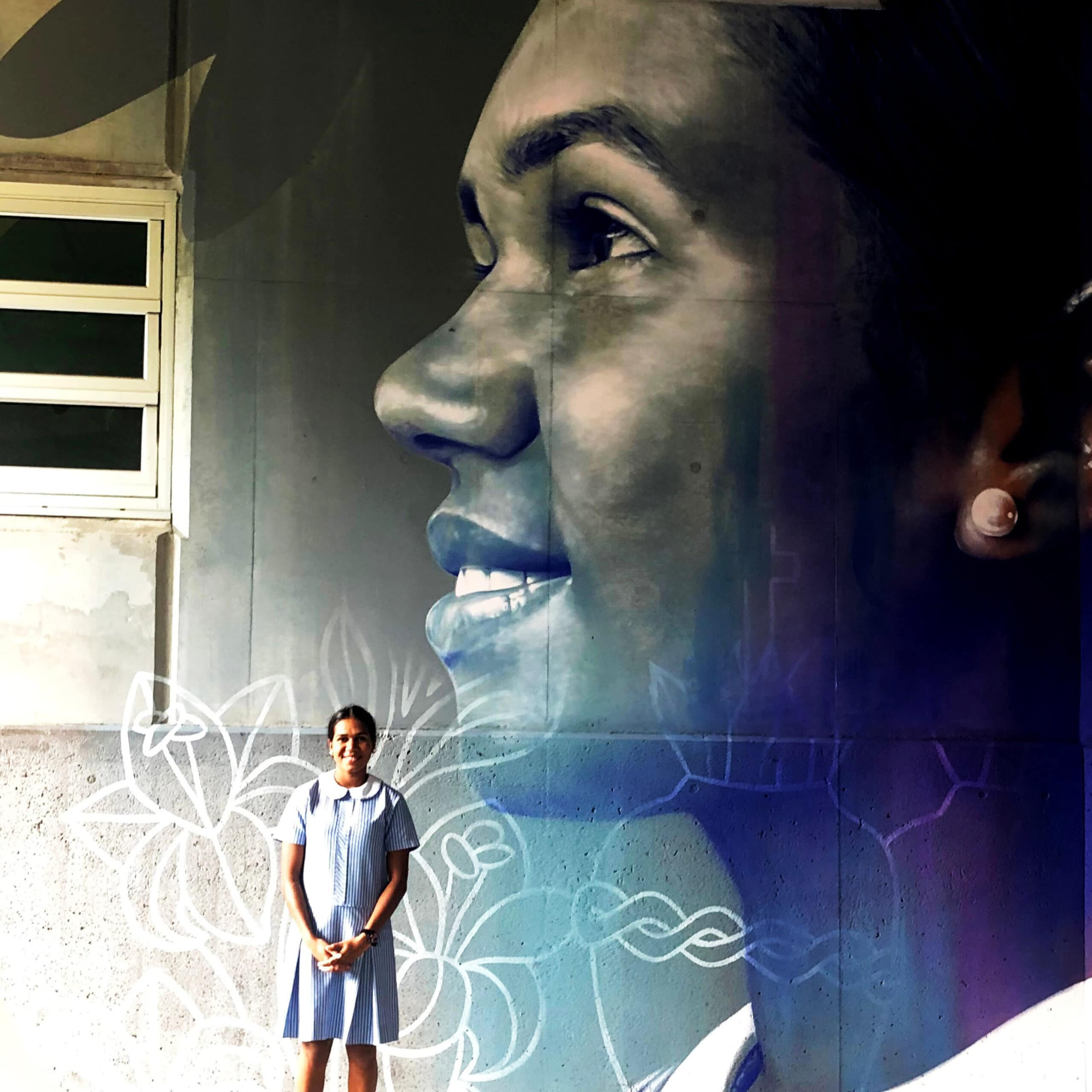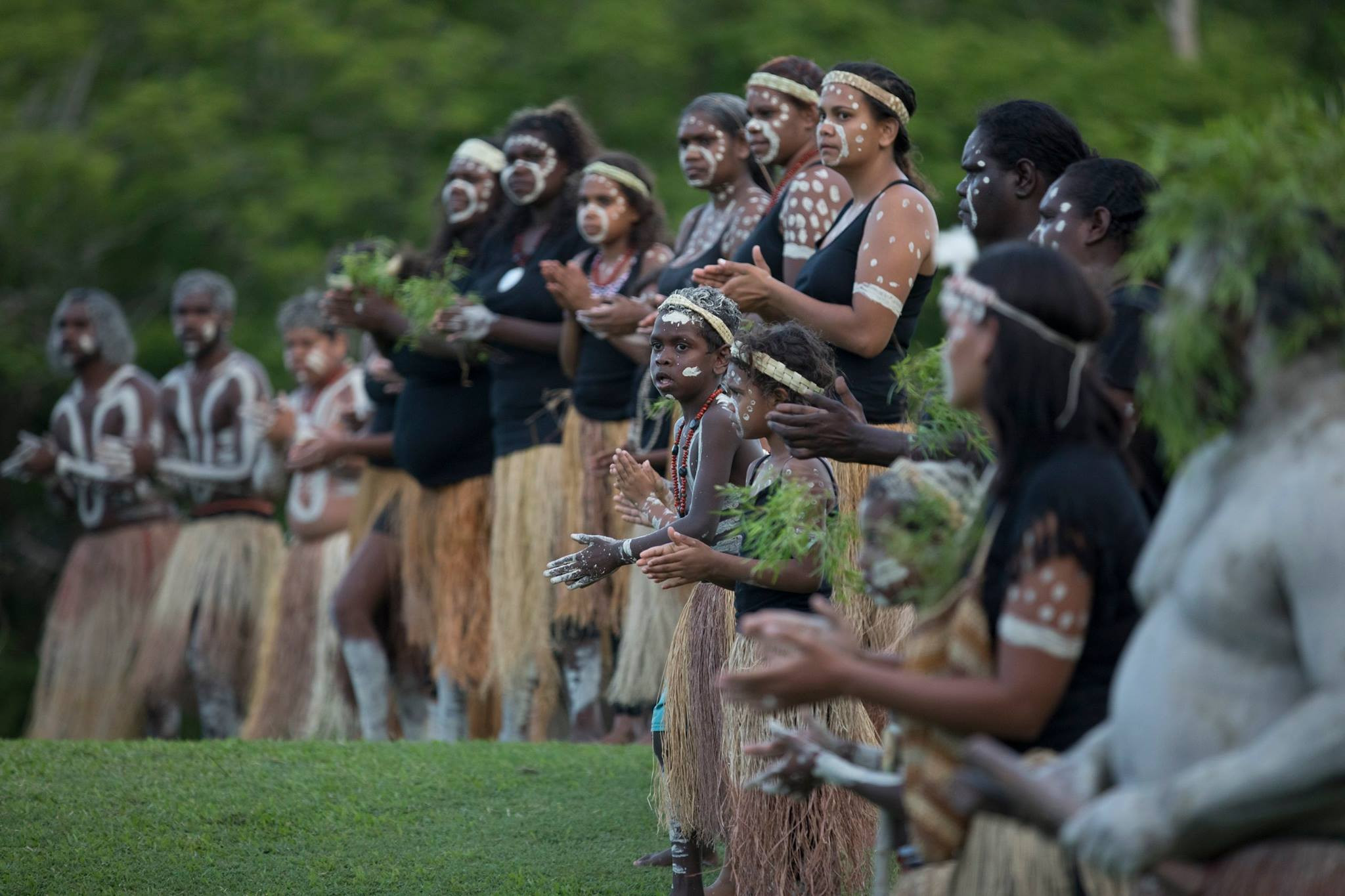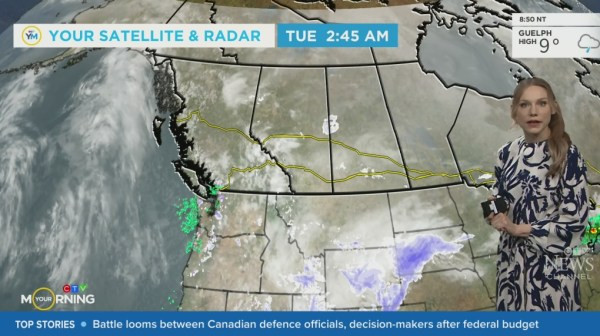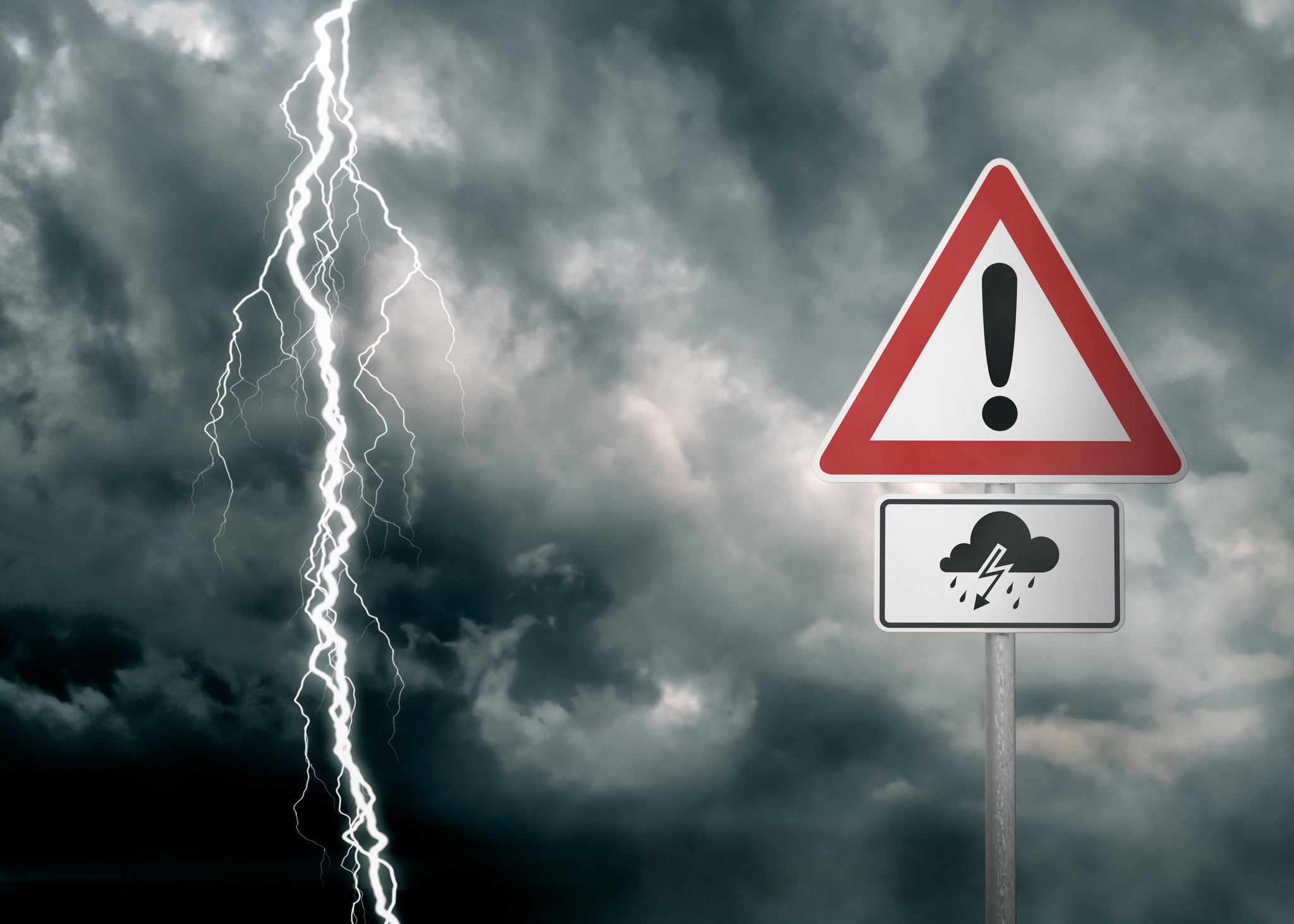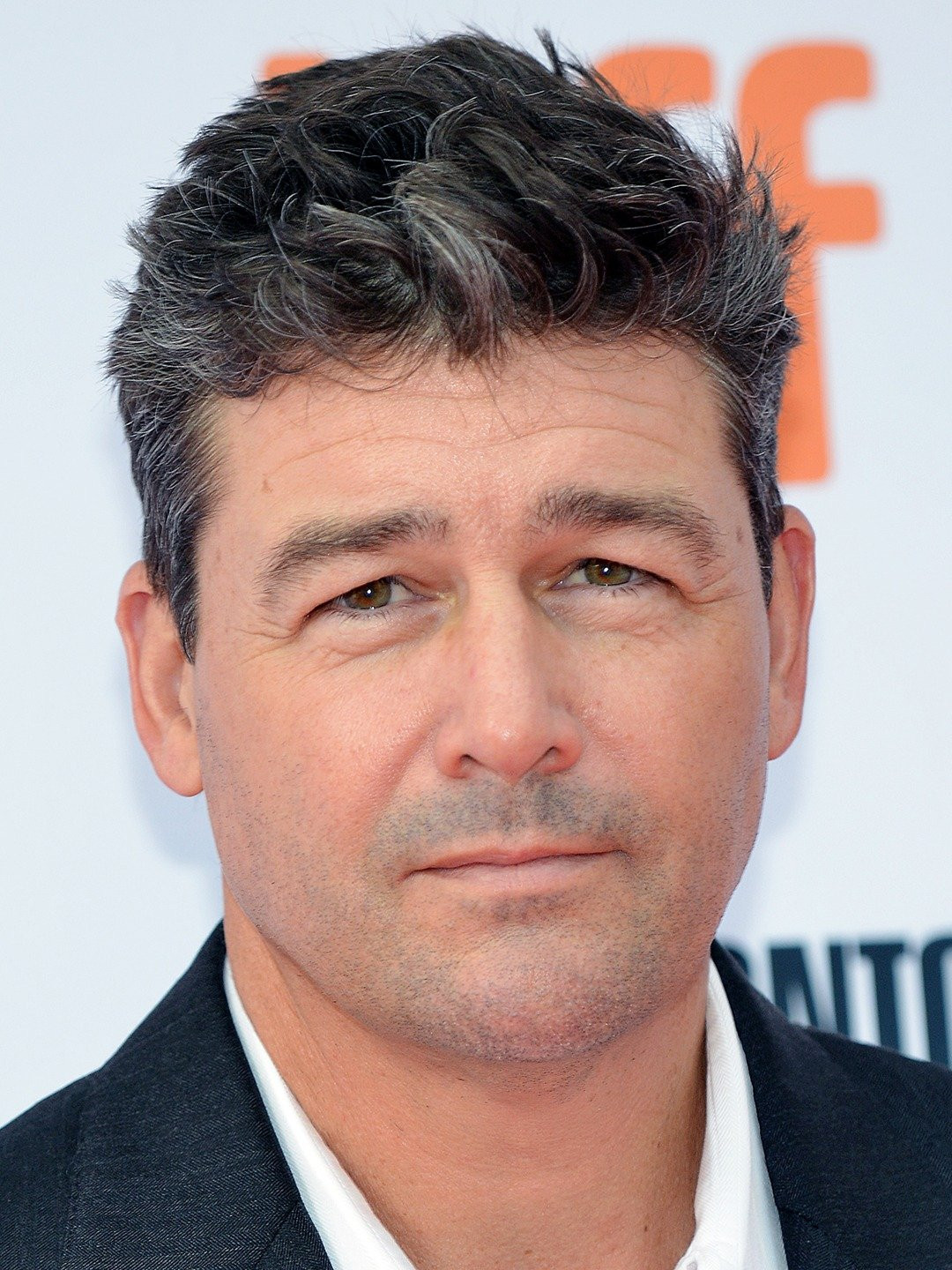Cape York and Torres Strait residents may need to put a bit of this tape up before the government makes its next boast about how well it’s doing when it comes to remote public health delivery in our part of the world, says editor Lyndon Keane.
If you want to understand how truly delusional the Queensland Government is when it comes to the state of health services across Cape York and the Torres Strait, you only have to look at the headline of its 9 August media release in response to an investigation report into how Aboriginal and Torres Strait Islander peoples in this part of the world are treated in the public health system.
“Funding boost to improve health services in the Torres and Cape” screamed the headline, possibly a bit of an oversell considering the financial injection in question is a paltry $1.4 million into an existing $351.75m 2024-25 budget for Torres and Cape Hospital and Health Service (TCHHS). For those good with maths, yes, that does represent a funding increase of just 0.4 per cent of the original budget. In fairness to the government though, 0.4 per cent is about the effort it’s putting into fixing a system its own review says is failing Aboriginal and Torres Strait Islander patients.
The investigation was ordered after a two-year-old girl died in the Bamaga Hospital in June 2023 from what has been described as a “preventable illness”.
Part A of the investigation report – Part B is expected to be presented by the end of the year – highlights eight recommendations and a number of areas of concern within the TCHHS public health delivery model, with Minister for Health, Mental Health and Ambulances Services Shannon Fentiman admitting the government “… can, and must, do better”. That’s certainly the perspective of a growing number of Cape York and Torres Strait mayors, several of whom boycotted the release of the report earlier this month amid vehement criticism of the investigation’s independence and lack of local consultation.
The 'Rubber Stamp' Investigation
The mayors of the Torres Strait and Northern Peninsula Area (NPA) councils have blasted a State Government investigation into the Torres and Cape Hospital and Health Service (TCHHS) as a “rubber stamp process” they say will contribute to continued poor health outcomes for their communities.
The government released Part A of the investigation into the public health services provided to Aboriginal and Torres Strait Islander peoples in the TCHHS health service area on 9 August, using it as an opportunity to spruik adding $1.4 million to the 2024-25 TCHHS budget of $351.75m.
“They said the proposal they were putting forward would only take 12 months and that we would receive Part A of the report in December [2023], and in May 2024 we would receive the final report – it’s now 16 months later and we only have Part A,” he said.
“I think it’s a total insult to the people of the Cape and Torres.”
Report Boycott
A coalition consisting of TSIRC, Torres Shire Council and Northern Peninsula Area Regional Council boycotted attending the release of the report in Cairns and meeting with Minister for Health, Mental Health and Ambulance Services Shannon Fentiman because the government was “investigating themselves and making recommendations to themselves”, according to Mayor Mosby.
“I think they’ve built a culture where they think they know what’s best for us … without any consultation … where they’re in control of the narrative,” he told Cape York Weekly.
“There was no validation [before Part A was released]; they didn’t come back to consult and to validate what they took from people who participated in the [investigation] process.”
Minister Fentiman denied a lack of consultation with local stakeholders and said she believed the TCHHS “provides quality clinical care”, but acknowledged the report identified room for improvement.
“When the local government leaders in the Torres Strait first shared their concerns with me, I visited Thursday Island to hear from Traditional Owners, Elders, community members who had lost loved ones, health practitioners and Indigenous health workers,” she said.
“What I heard was concerning and warranted an investigation.
“There’s a strong sense in the report that the HHS provides quality clinical care to its communities but that we can, and must, do better.”
Mayor Mosby said the coalition was “incredibly insulted and shocked by the comments by the minister”.
Beyond Torres Strait and NPA
While the focus of the investigation is the Torres Strait and NPA, Mayor Mosby said the coalition believed identified problems were not unique to the northernmost part of the TCHHS service footprint.
“This is not just about Torres Strait and the NPA,” he said.
“This is a public health system that’s failed the Torres Strait, NPA and Cape York.”
The TSIRC mayor said the coalition had originally asked then-premier Annastacia Palaszczuk to hold an independent coronial inquest into the remote health crisis, rather than an investigation co-ordinated by the government.
The report identifies “there has been no significant improvements in prevention and management of chronic disease” for First Nations peoples in the TCHHS service area, going further to highlight “ongoing high rates of potentially avoidable deaths and increasing hospitalisation rates for diabetes, which also represents the most significant cause of potentially preventable hospitalisations”.
Mayor Mosby said the findings demonstrated the need for a focus on preventative health, rather than a reactive model of patient care.
“Prevention is better than cure … that’s what our community was thriving off 20 or 30 years ago,” he said.
“What became so apparent and clear was that we were experiencing three to four deaths per week for a growing population of 15,000 – it’s quite alarming.
“[The report] is telling us what we already we know in community.”
A Lack of Trust
With the final investigation report scheduled to be released by the end of the year, Mayor Mosby said he and his fellow elected leaders would continue to fight for the voices of their communities to be heard by the government.
“We’re there to act in the best interests of our community and if there’s a public health and safety disaster or issue, we’re mandated – we’ve got the legislation – to be the whistleblowers and address that to the government, and yet the government walked straight past us,” he said.
“We raised concern at the very beginning when they proposed their [investigation] model.
Queensland Health director-general Michael Walsh said the government was committed to improving healthcare and patient outcomes on Cape York and the Torres Strait.
“Delivering care in a region as vast and as geographically and culturally diverse as the Torres Strait and Cape York is complex,” he said.
“But we are committed to providing equitable access to safe and high-quality health care for all Queenslanders, no matter where they live.
“I want the community to know that we have heard you; the investigators have heard you, and we will work with you to improve the care you receive.”
Despite the assertions by Minister Fentiman, the government and TCHHS leadership team following the release of the report, Mayor Mosby said communities had lost faith in the investigation.
“It’s a rubber stamp process to validate their investigation and recommendations,” he said.
The investigation into the public health services provided to Aboriginal and Torres Strait Islander peoples in the TCHHS health service area was triggered by the death of a two-year-old girl in the Bamaga Hospital in June 2023 from a “preventable illness”. Photo: Cape York Weekly.




